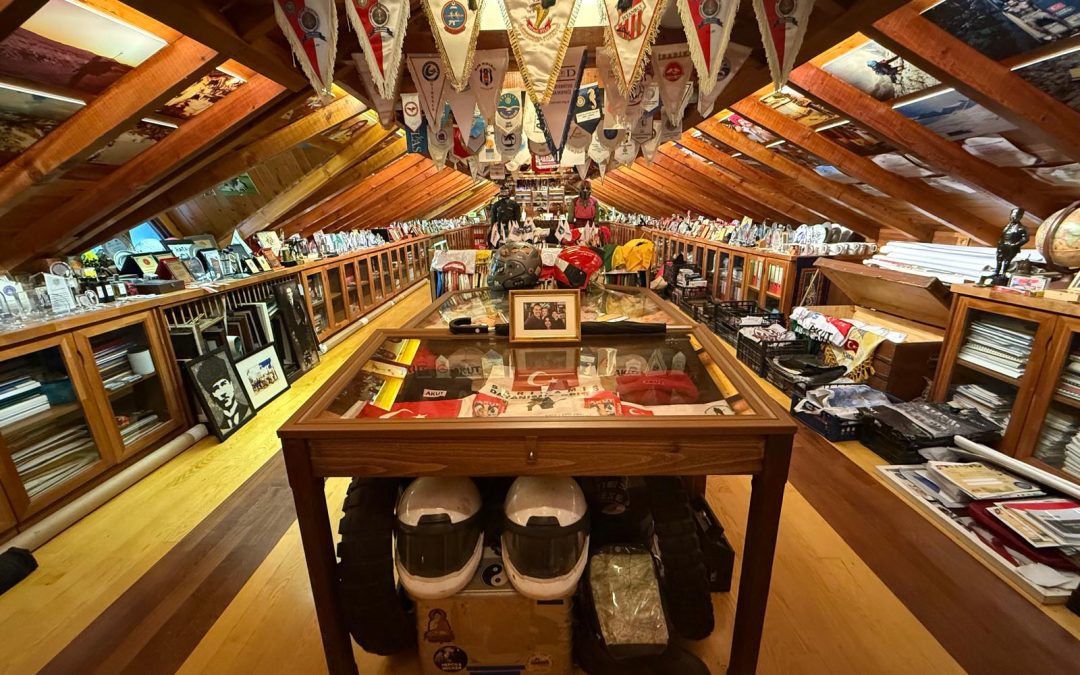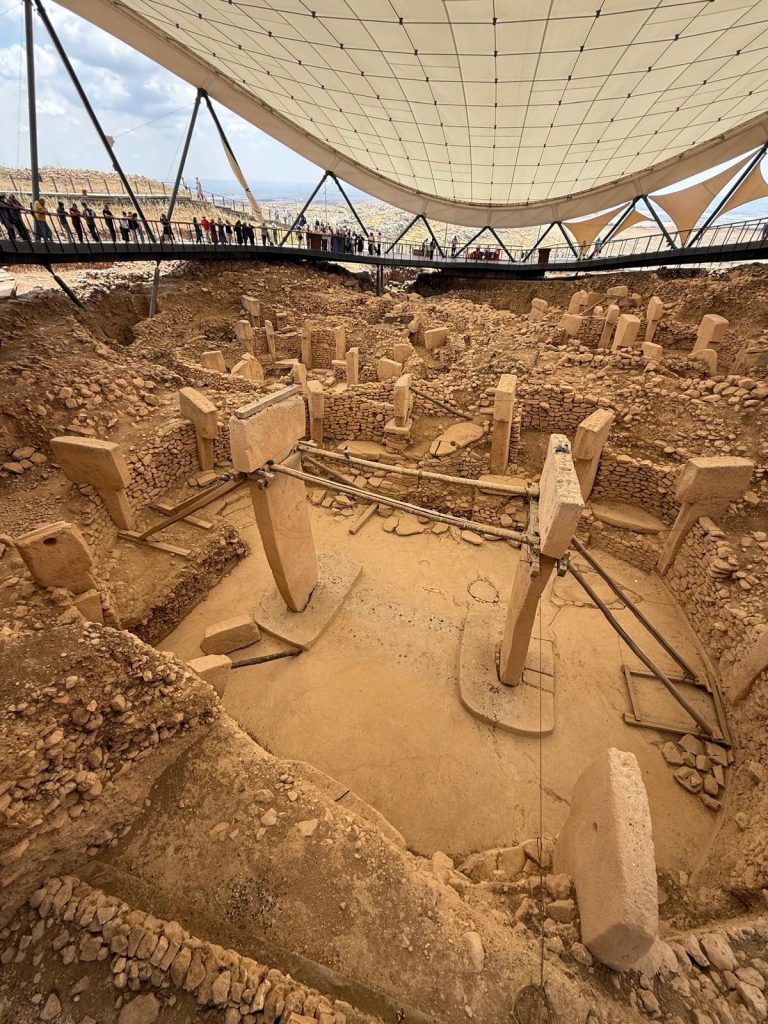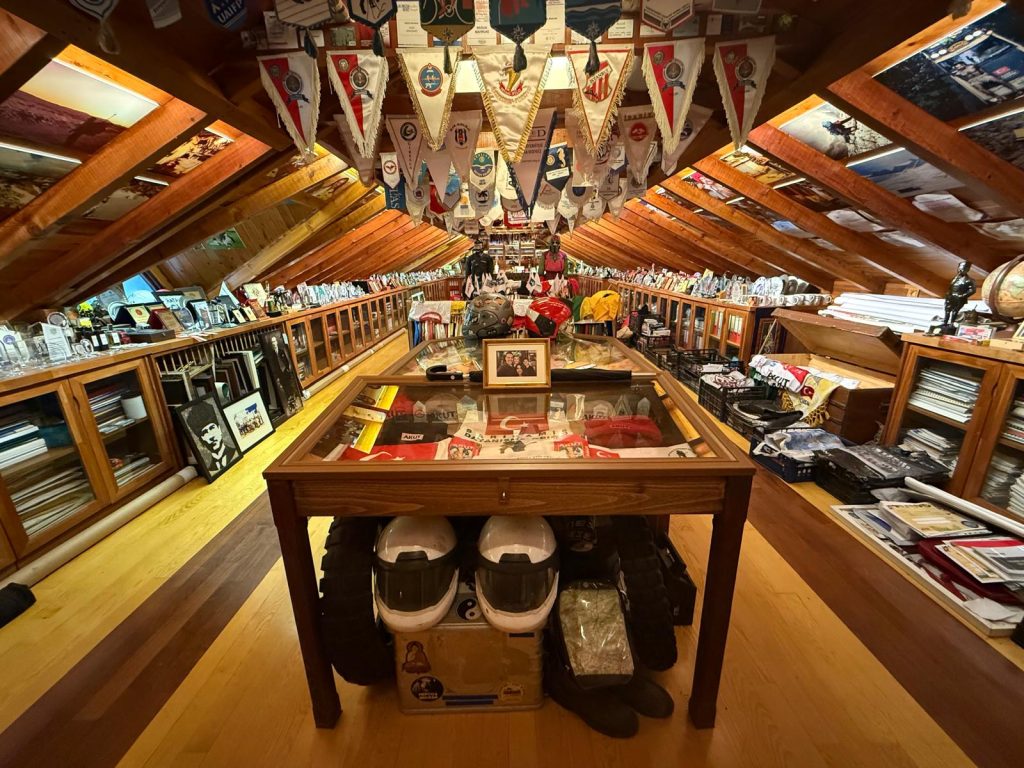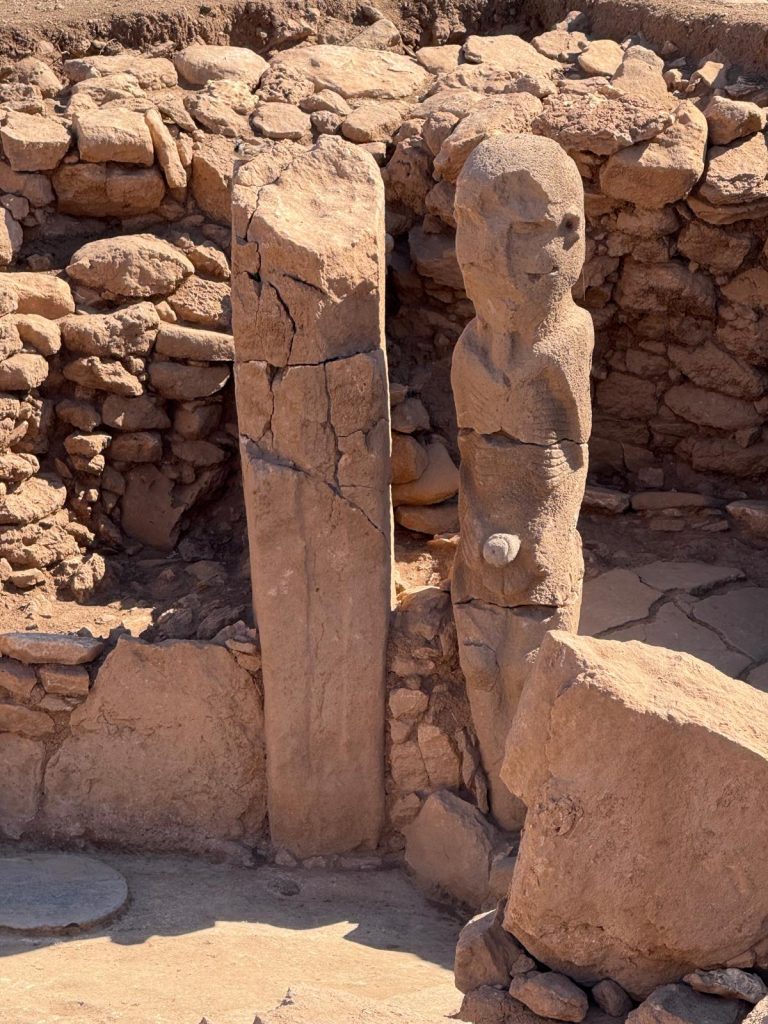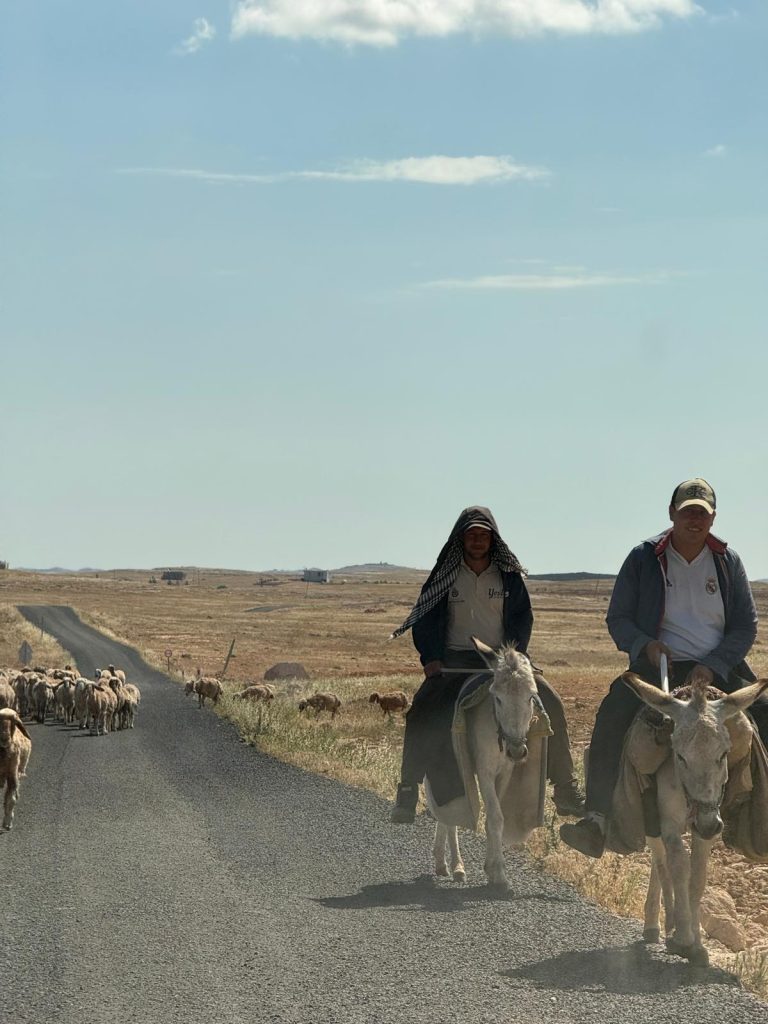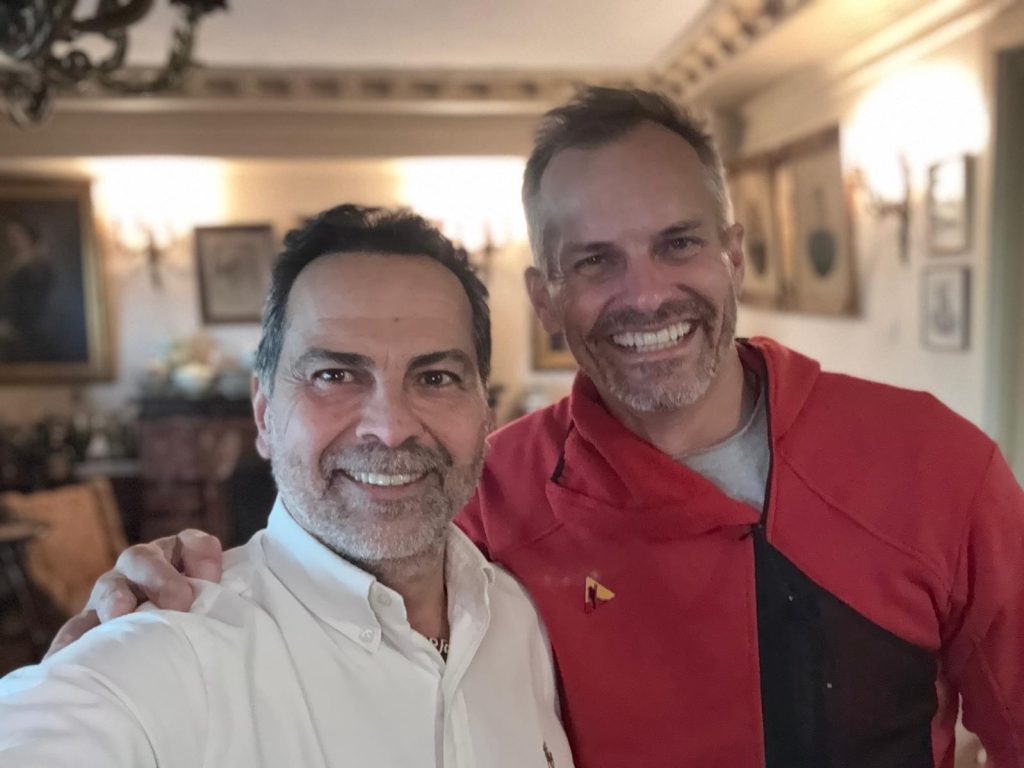I’d barely left the heat of Basra behind when I touched down in Istanbul, chasing rumours of a civilisation older than Mesopotamia. But first, I had a reunion 30 years in the making—with Nasuh, my old Everest teammate. Back then, we were just two young adventurers testing the edge of the world. Now, Nasuh was a national hero—decorated, televised, and proudly larger-than-life. He’d become the first Turk, first Arab, and first Muslim to summit Everest, gone on to climb the Seven Summits, and somewhere along the way, turned into a hybrid of Pat Falvey and the Dalai Lama, if either of them ran Turkey’s elite search and rescue service.
His house was a museum. Not metaphorically—an actual museum. Every wall groaned under framed accolades, plaques, and photos with people and places he’d explored around the World. He didn’t just embrace leadership; he framed it. I’d always shied from the spotlight, but watching Nasuh command it with such ease made me question why I was still hiding. Maybe it was time to stop whispering about good causes and start owning my platform. If Nasuh could save lives and raise millions through bold visibility, what was I doing skulking behind humility?
After two whirlwind nights in Istanbul—with parties full of Turkey’s power players, generous toasts, and sharp outfits—I headed southeast to Şanlıurfa, the gateway to another world. From there, I climbed up through ancient valleys to Nemrut National Park. The road snaked past the world’s oldest stone bridge, across lands once controlled by a shrewd diplomat who brokered peace between Persia and Asia. Trade had made him rich. His hilltop tomb, flanked by giant stone heads like misplaced Easter Island gods, stood as testament to the confidence of ancient kings. Big people, big stones, no apologies.
I felt something stirring—something I hadn’t expected. Awe, yes. But also a sense of challenge. These were monuments to belief, to unity, to vision. And the next stop would prove even more extraordinary.
Göbekli Tepe. Karahan Tepe. Sefer Tepe. Stone circles older than the pyramids, etched with animals and mystery. Here, the entire theory of civilisation unravelled. These weren’t farming villages that built temples. These were temples that birthed farming. Spiritual ceremonies—marriage rites, harvest feasts, initiations—brought thousands together. And when people gathered, they had to be fed. Agriculture was a by-product of belief.
That hit me hard. All my old dreams—”Best Dad’s Club”, “rite-of-passage expeditions”, “mountain pilgrimages”—they weren’t indulgences. They were echoes. We’ve always needed rituals to gather us, to feed something deeper than hunger.
But the journey wasn’t done. I’d feared returning to this part of Turkey—last time I’d been here in the 1990s, there were helicopters overhead, rifles in every alley, soldiers patrolling dusty towns. I remembered the sick feeling of being stopped at gunpoint. Now? Peaceful. But peace, I learned, came with a deal. The Turkish government had negotiated with Iraqi Kurdish leaders to place military bases in exchange for wiping out Turkish Kurdish militants. One Kurdish tribe had handed over another for power. Unity fractured by ambition. It reminded me that not all pilgrimages lead to enlightenment. Some are detours into betrayal.
Still, standing on sacred ground, in the stillness of Göbekli Tepe, I felt something deep shift. Maybe the real legacy isn’t what we build, but what we gather for—shared rituals, shared dreams, shared truths that outlast even stone.
From there, I boarded a flight south to Jeddah, bound for Saudi Arabia. I’d glimpsed one ancient truth, and now I was heading into another—one shaped by Sharia, sand, and the solemn rhythm of desert faith.
“The mountain does not speak, yet it remembers every step.” — Kurdish Proverb from Southeastern Turkey
Reflection: This proverb reminds us that the land holds memory. Long after conflict, ceremony, or betrayal, the earth quietly records all we do. It calls for mindful action and respect for the places we pass through.
| Action: Walk with awareness—honour sacred land, listen to local voices, and consider the legacy your steps leave behind. |

